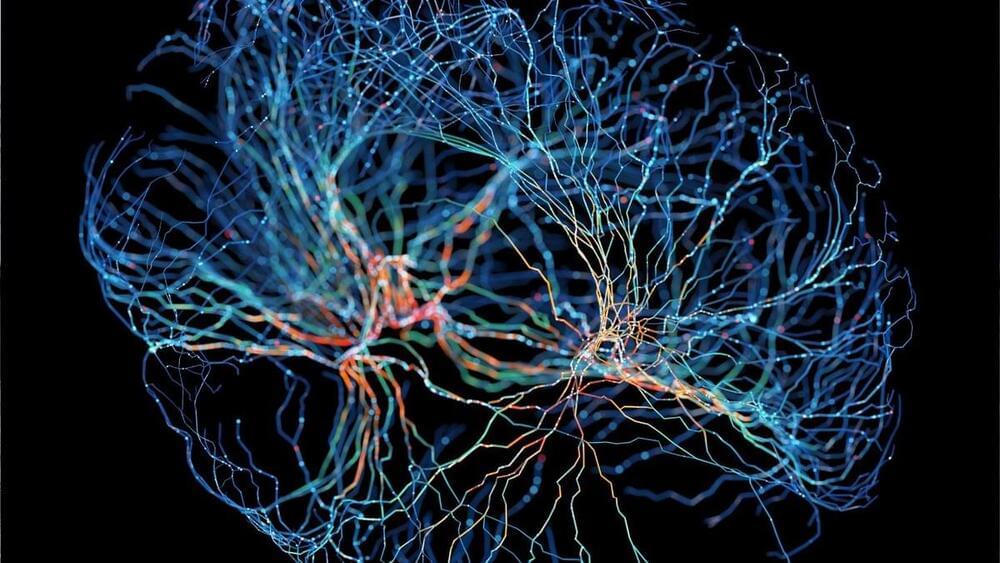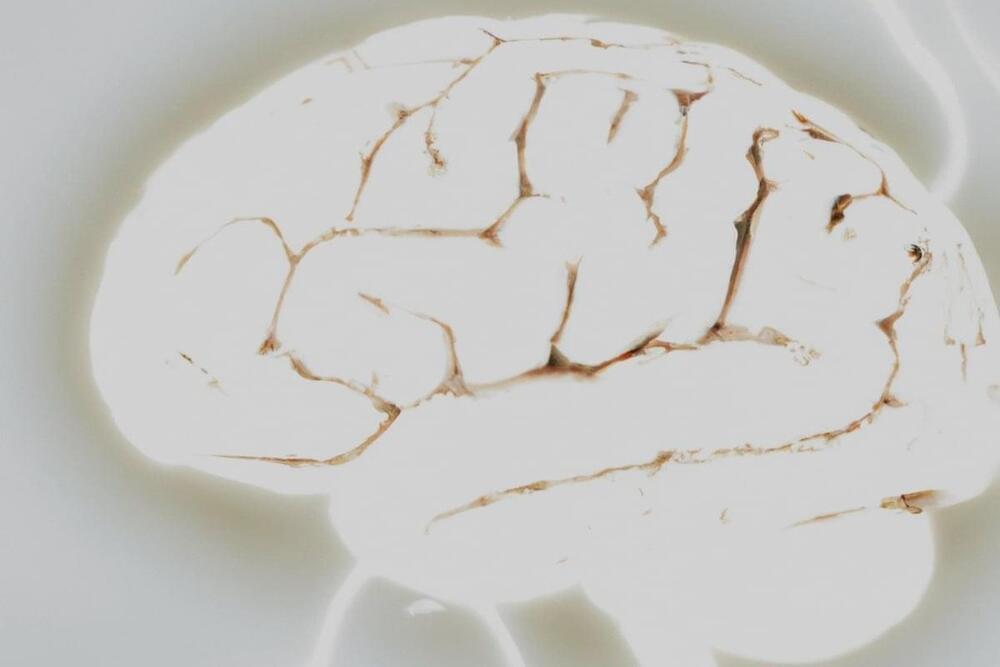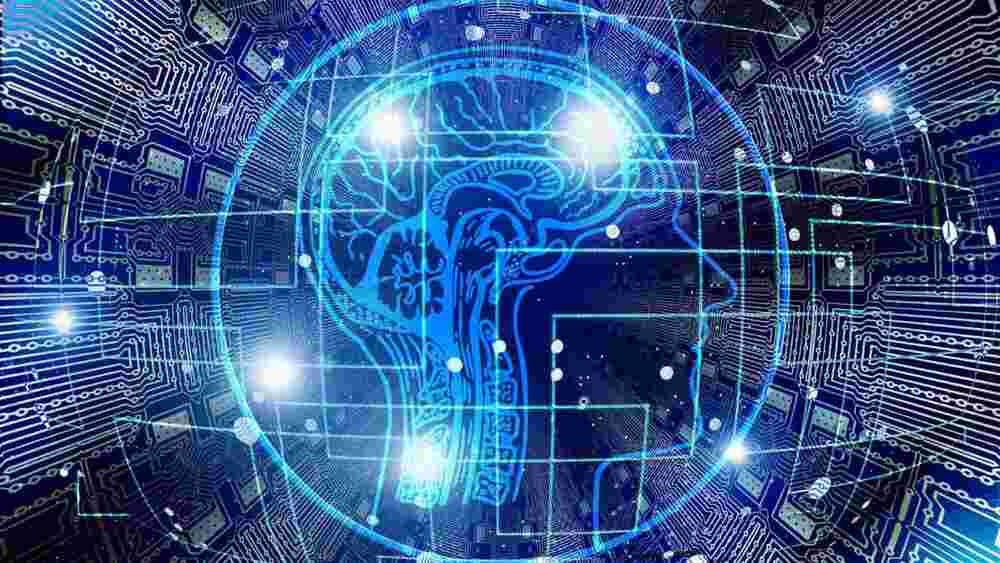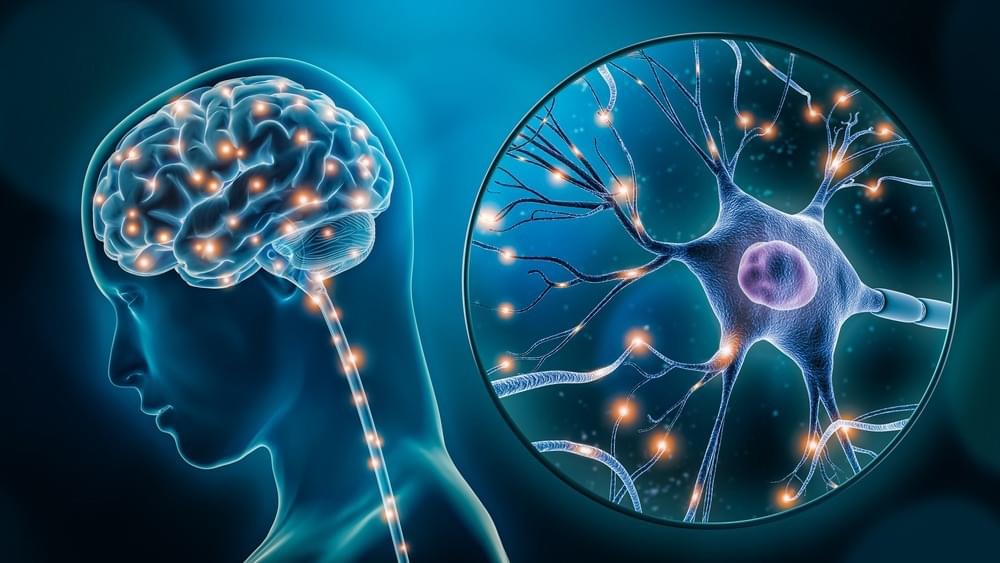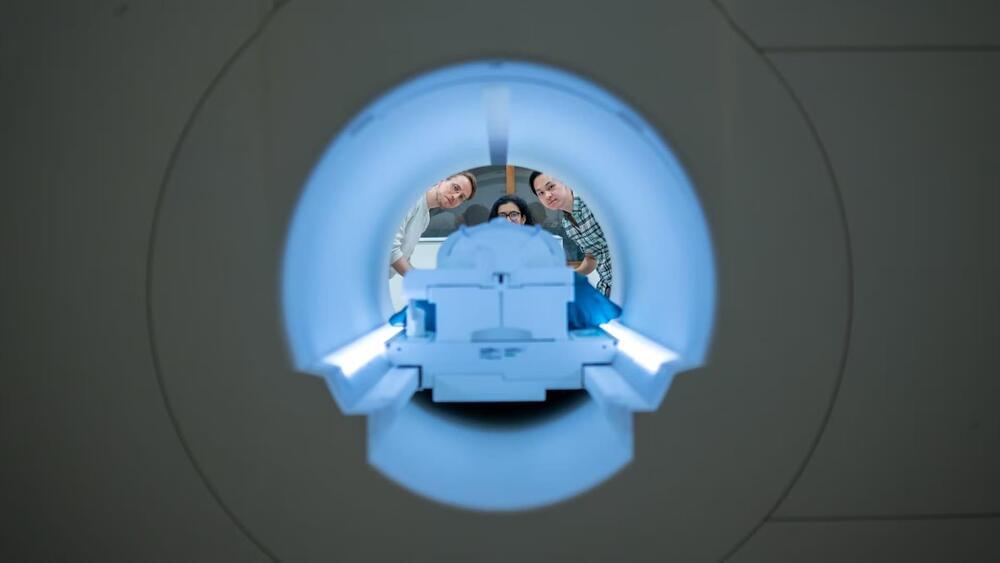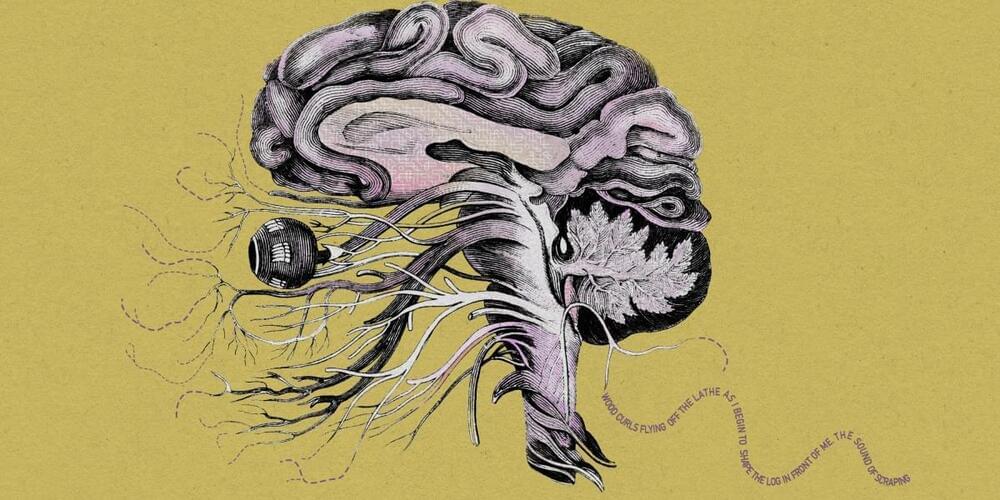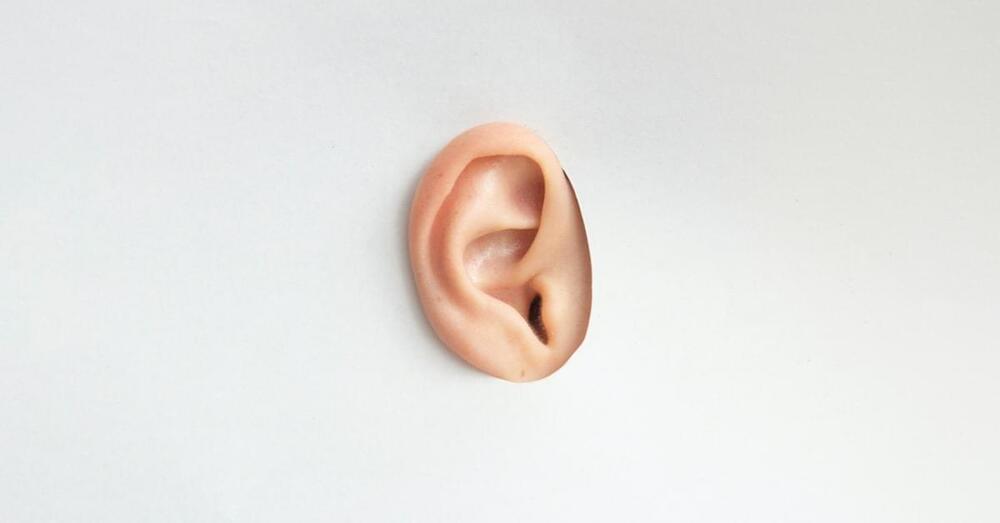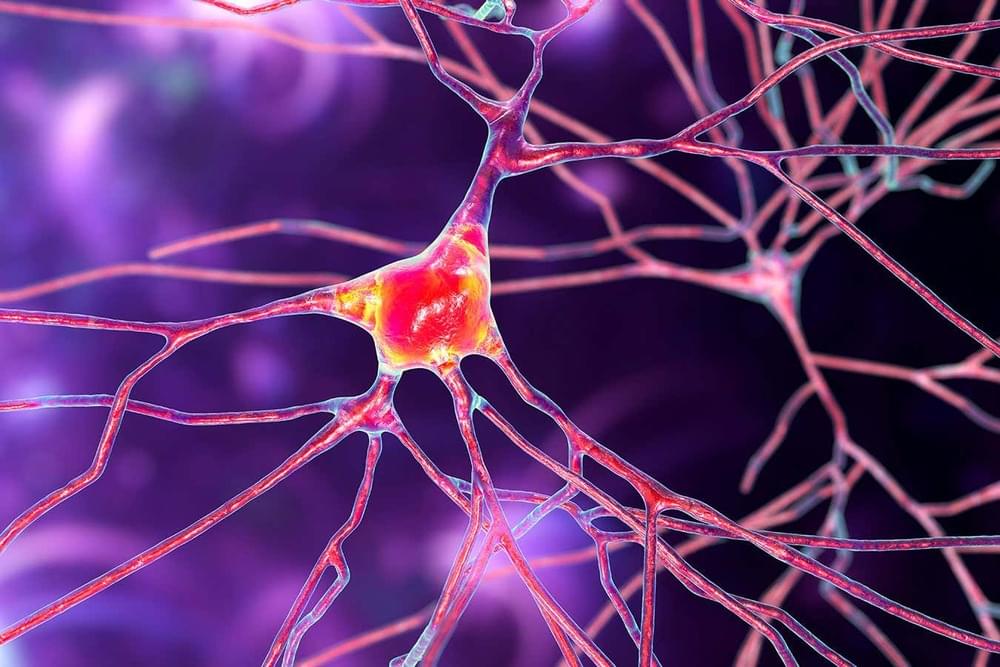
The Dark Tetrad personality traits of sadism, narcissism, psychopathy, and Machiavellianism have long been associated with perpetrating negative behavior, but can they also put someone at higher risk for victimization? A study published in Frontiers in Psychology suggest that these traits may be associated with higher rates of being the victim of bullying.
Bullying is a serious and pervasive problem that can be associated with many negative outcomes for victims, including depression, anxiety, substance use, and even suicidality. Due to these potentially grave outcomes, research has attempted to delve into the dynamics surrounding bullying, including what makes people more likely to become a perpetrator and/or a victim of bullying.
The Dark Tetrad traits are typically linked with antisocial and criminal behaviors. They are personality traits that are frequently associated with a lack of empathy, increased manipulation, and a disregard for other people.
